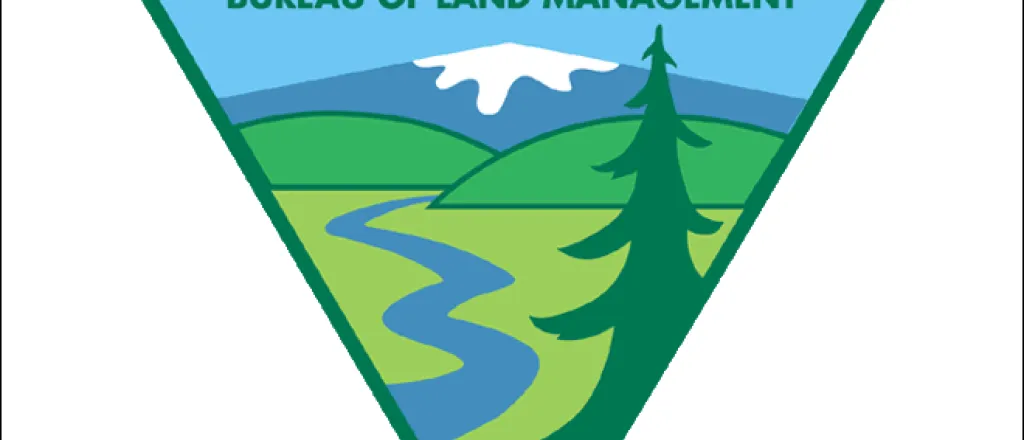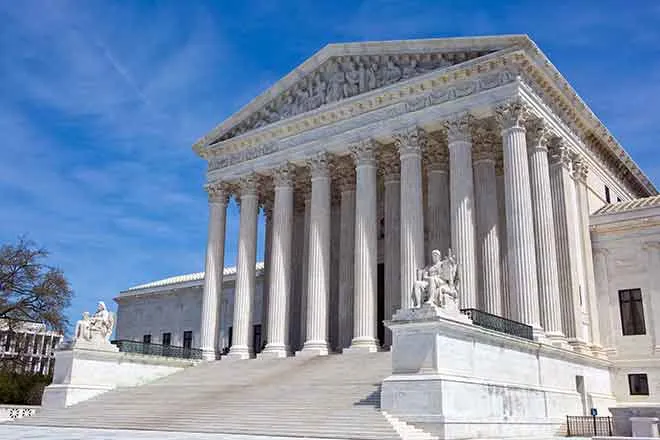
BLM could throw lifeline to amphibians and reptiles
Click play to listen to this article.
(Colorado News Connection) The recently finalized Bureau of Land Management Public Lands Rule could give a boost to America's most at-risk terrestrial vertebrates: amphibians and reptiles.
The new rule allows land managers to prioritize habitat restoration for the first time.
J.J. Apodaca, executive director of the Amphibian and Reptile Conservancy, said it is a big win, because unlike other wildlife that can migrate -- like mule deer who can travel nearly 20 miles in a day -- turtles, frogs, salamanders and snakes depend on good habitat, where they live now.
"When habitat is lost for an amphibian or reptile, that often means that the population is lost," Apodaca pointed out. "They don't have the ability, like a wolf, to go counties away and find other suitable habitat. They're kind of tied to what is there."
Restoring habitat lost due to human development is also seen as important for mitigating the worst impacts of a changing climate for turtles, snakes and the rest of earth's life forms. The BLM's decision to put conservation uses of lands owned by all Americans on equal footing with drilling and mining has drawn criticism. Representative Lauren Boebert, R-Colo., called the move a land grab meant to block oil and gas development.
Apodaca noted with some 245 million acres of public lands managed by the BLM, there is plenty of room to make good decisions recognizing multiple priorities, which can now also include conservation.
"I don't think anybody in the conservation world is thinking that there's going to be no extraction of any kind of resources from BLM lands," Apodaca emphasized. "However, that doesn't mean that we can't do it in a smart way that balances extraction and biodiversity."
Apodaca added the new rule is in sync with a majority of Americans who value natural landscapes and thriving wildlife and ecosystems. For too long, he argued, the sole focus has been on what can be taken out of public land.
"We've ignored the value that's already there," Apodaca stressed. "Whether that's recreation, whether that's clean water, clean air, biodiversity, all of those things."

















